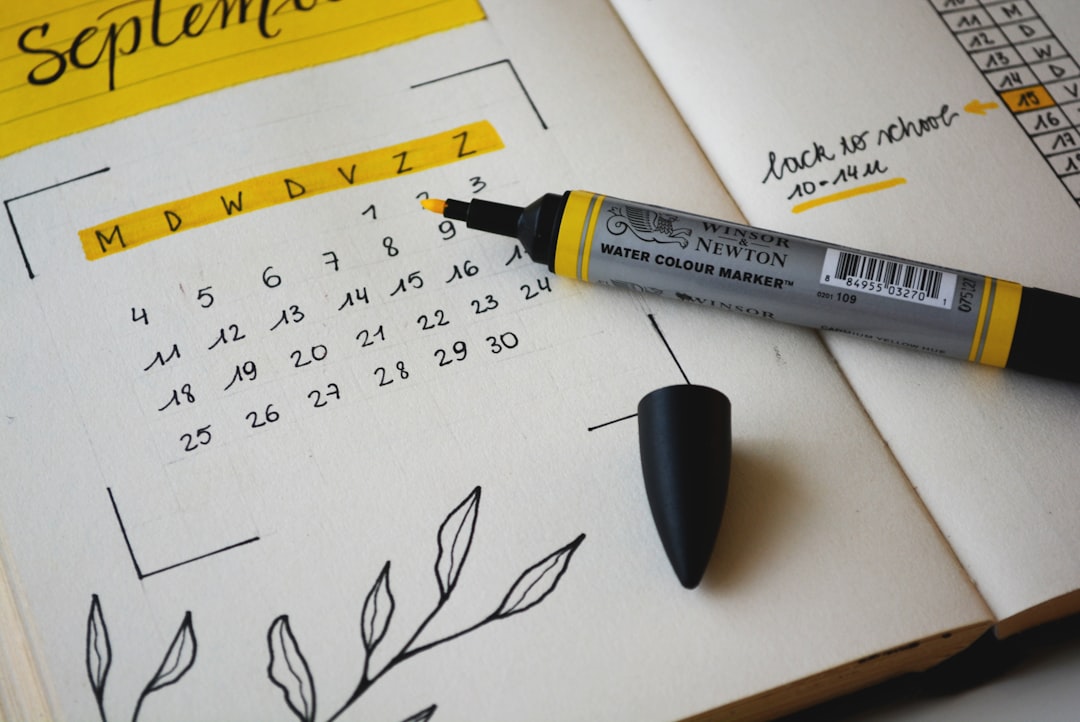When Is The Best Month To Look For a Job
Discover insights on “When is the best month to look for a job.” Maximize your job search by understanding the hiring cycle and optimizing your job strategy.
Many job seekers often wonder if there's a 'golden month' when opportunities are ripe and competition is low. So, when's the best time to apply for a job? The job market can be influenced by different factors, but there are certain months that usually see a spike in hiring activity.
Just as there are peak hiring times, there's also the worst time to look for a job. This period is often characterized by a decline in job listings and a slower response rate from employers. Reasons can range from budget constraints, year-end wrap-ups, or even holiday seasons when most staff are away. By understanding these downtrends, job seekers can strategize their applications, saving time and resources.
Many job seekers asked me, "When is hiring season?" as this period typically witnesses a surge in job postings and recruitment drives. So if you're getting ready for a career change or entering the workforce, knowing when to really amp up your job hunt can give you a real advantage.
Let's dive in together as I unravel the best (and worst) months to find a job and help you search for your next role.
Peak hiring months, hiring trends by month
January and February: These months are traditionally strong for hiring. After the holidays, businesses have their new budgets for the year, which allows them to add to their headcount. Many decision-makers are back from vacation, which means interviews can proceed without delay.
March, April, and May: Hiring remains robust during these spring months. This period is particularly ideal for recent college graduates, as companies are on the lookout for fresh talent before the graduation rush in June.
June, July, and August: Things tend to slow down during the summer months. Many professionals, including hiring managers, are on vacation, which may prolong the hiring process. However, the reduced number of job seekers can sometimes mean less competition for the jobs that are available.
September and October: Post-summer, there's another spike in hiring. Companies aim to fill positions before the holiday rush, making this a good time to send out resumes and tap into networking opportunities.
November and December: The hiring process can slow down considerably during the holiday season due to vacations and year-end tasks. While there might be fewer job postings, this could also be a strategic time to prepare and position oneself for the upcoming hiring boom in January.
It's really difficult to answer which month has the most job openings because it actually depends on factors like location, type of company, industry, and economic climate.
Best and Worst Time of Year to Look for a Job
Understanding the hiring cycle can help you decide when to search for a new job. But if you're currently unemployed and actively seeking a job, the best time is always now. If a recruiter contacts you with a new opportunity, the exact months or days don't really matter here. If you're open to a role, go ahead and move forward. No need to wait for any specific month or day.
Worst times to look for a job
Avoid the Holidays
The end of the year – specifically November and December – tends to be a slow period for hiring. With many key decision-makers out of the office and companies focusing on wrapping up the year's objectives, there's usually a drop in recruitment. While it’s not impossible to land a job during this time, you might find that your efforts yield more results after the New Year.
Spring Slowdown
March to May can be a mixed bag. While there's still some momentum from the early year rush, hiring can slow down as companies evaluate Q1 results and as staff begin to take spring break holidays.
Summer Lull
June, July, and August are often considered the least favorable months to job hunt, especially in industries that observe summer breaks. Decision-makers might be on vacation, and the general pace of business can decelerate.
Even though these months are considered slow and delays are expected from companies, many of them are still hiring as fast as they can!
Best times to look for a job
January and February
Most hiring managers and recruiters agree: January and February are among the top months to look for a job. This is often due to companies having a fresh annual budget and new business objectives for the year. Companies are ready to hire and there’s often a flurry of activity.
Fall Rebound
September and October witnessed a recruitment resurgence. With the end of the year in sight, companies are eager to fill positions and meet their annual objectives. If you’ve taken the summer to brush up on your skills or credentials, now’s a good time to jump back into the job market.

What Is September Surge in Hiring?
September often stands out as a particularly active month in the job market. This phenomenon, sometimes referred to as the "September surge" in hiring, can be attributed to a combination of factors that come into play as summer ends and autumn begins.
End of Vacation Season: Summer, especially in many Western countries, is synonymous with vacations. By September, most employees and decision-makers are back in the office. This return to full operational capacity means that any hiring processes that may have stalled or slowed down during the summer months can now progress more swiftly.
Q4 Planning: September marks the start of the last quarter of the year. Companies review their annual goals and assess what needs to be done to achieve them. If there's a personnel gap that needs filling to meet year-end targets, September is the time to address it.
Budget Utilization: Some companies might find they have remaining budget allocations for the fiscal year. To ensure they don't lose these funds in the next budgeting cycle, they might accelerate hiring during this period.
Academic Cycle Influence: In regions where the academic year begins in September, recent graduates are actively entering the job market, leading to a surge in both applications and entry-level positions being filled.
Preparation for the Holiday Season: Certain sectors, especially retail and hospitality, anticipate the demands of the upcoming holiday season. September provides an optimal time to recruit, train, and integrate new employees ahead of the busy months.
Fresh Start Mentality: There's a psychological aspect to consider as well. The transition from summer to fall can instill a sense of renewal or a "back-to-school" mindset in many people. This can motivate job seekers to reignite their search and employers to rejuvenate their teams.
If you're looking for a job, the September surge is an opportune time to polish your resume, reach out to networks, and actively apply. The increased activity means there's a higher chance of landing interviews and possibly a new position.
The September surge in hiring is a confluence of practical, fiscal, and psychological factors. Recognizing this trend is beneficial for those looking to change roles and companies eager to secure top talent.
Best days for job searches
Did you know that certain days of the week might enhance your chances in the job hunt? TalentWorks conducted a study on over 4,000 applications and discovered that sending in a résumé and job application early on a Monday (or even late Sunday night to ensure it’s prominent in recruiters’ emails by Monday) elevated the likelihood of securing a job by nearly half.
But Mondays can be hit or miss, do you know why? Because a lot of recruiters are dealing with emails they received over the weekend or from Friday.
According to ZipRecruiter’s database, Tuesday is the best day of the week to apply for a job, when some 22% of new jobs are added to the site.
A separate analysis by SmartRecruiters pointed out that not only do companies tend to advertise job vacancies most frequently on Tuesdays, but it's also the day witnessing the largest influx of job applications and hires.

When's The Best Time To Look For a Job
When I was reading those statistics, I thought, "If there are more applications happening on Monday and Tuesday, should you apply for a role on Thursday when the competition is smaller?" But you know what, the truth is, the best day of the week to apply for a job is any day when you come across a new position that matches what you are looking for!
While job opportunities can present themselves throughout the year, understanding the nuances of the hiring cycle can give job seekers an edge. Tailoring your job search to align with these trends can increase your chances of landing that dream role.
When is the best time of year to look for a job? The answer is every day, as waiting for a special month or day to find a new job could cost you the opportunity. So the answer to your question “when to look for a new job” is simple: Now!
Happy job hunting!
Best Time to Apply for Job 👇
Throughout my career as a career coach, I've had the privilege of assisting countless individuals in finding their dream jobs. In our sessions, I always make sure to emphasize that there are certain months that are better for job hunting and others when it's more suitable to focus on researching companies.
However, it's important to remember that companies are continuously on the lookout for new talent, and sometimes there are other factors to consider during the search.
Here are my 8 job search tips that I'm sharing with you, so you can be better prepared, just like I shared them with others:


